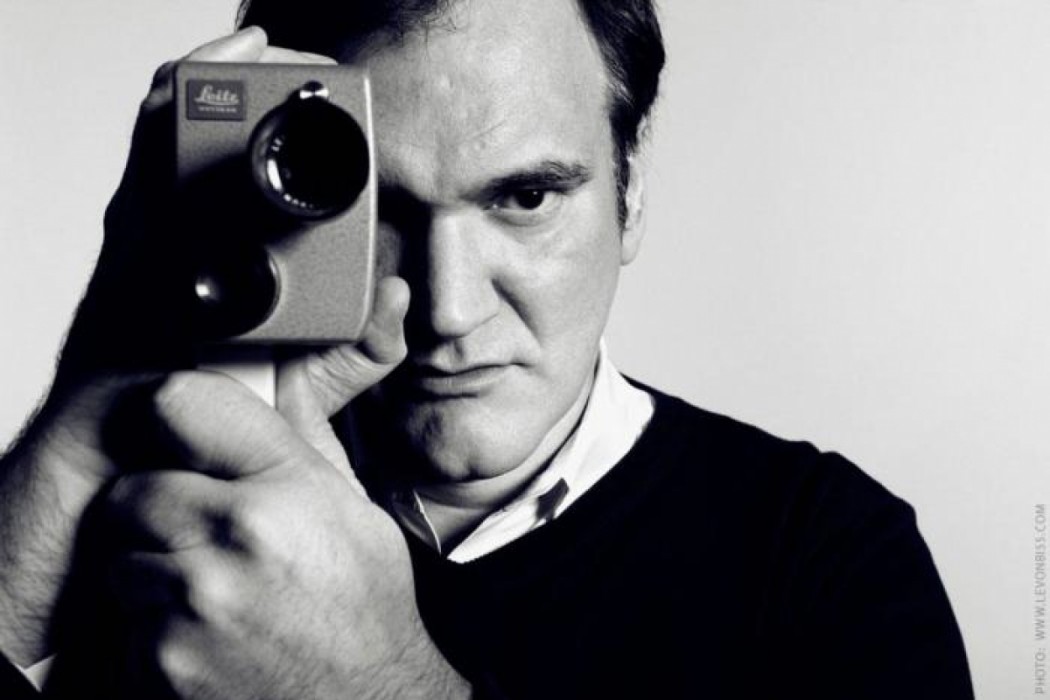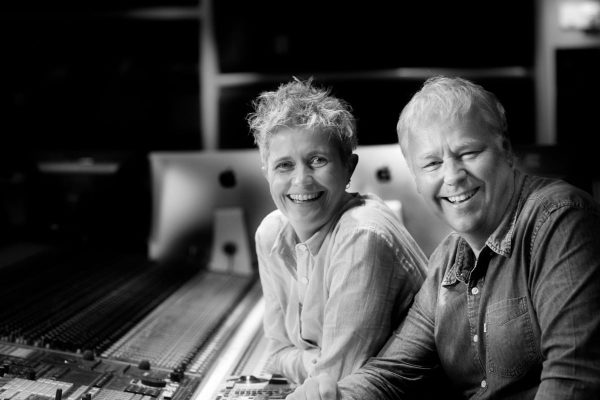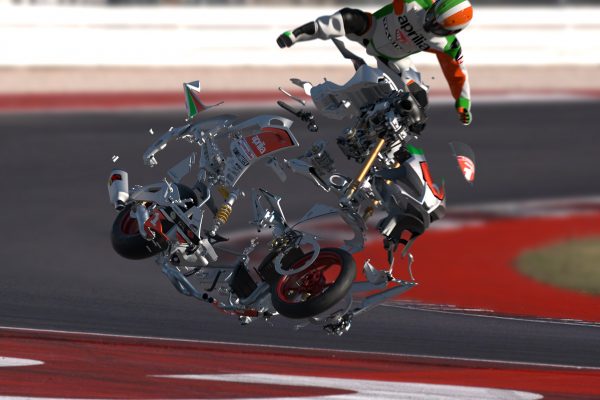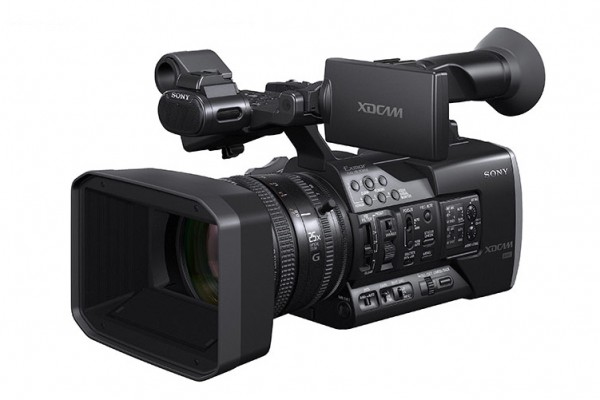Great filmmaking comes with the knowledge we gain through our experiences creating film. But even the legendary filmmakers of today, like David Fincher, Tarantino or Wes Anderson still stand on the shoulders of those great artists that came before them.
We take a look at the advice handed to future generations of filmmakers, by truly great directors.
We may not have direct mentorship with these directors, but we can all still learn how to make incredible films by watching their work and listening to their voices.
This list is exhaustive but not complete, there are many more directors that could or should have been added. Despite that, we’re sure you’ll gain a little insight into how to make a great film yourself. If there’s a director on this list that you’ve never heard of, then look them up and watch a film of theirs.
So here are,
36 Quotes from Legendary Directors

“Performers are so vulnerable. They’re frightened of humiliation, sure their work will be crap. I try to make an environment where it’s warm, where it’s OK to fail — a kind of home, I suppose.”

Director Francis Ford Coppola advises his film crew as they set up to shoot a scene during the filming of the movie Godfather III (AP Photo/Gene Page)
“When you make a movie, always try to discover what the theme of the movie is in one or two words. Every time I made a film, I always knew what I thought the theme was, the core, in one word. In The Godfather, it was succession. In The Conversation, it was privacy. In Apocalypse, it was morality. The reason it’s important to have this is because most of the time what a director really does is make decisions. All day long: Do you want it to be long hair or short hair? Do you want a dress or pants? Do you want a beard or no beard? There are many times when you don’t know the answer. Knowing what the theme is always helps you.
“I remember in The Conversation, they brought all these coats to me, and they said: Do you want him to look like a detective, Humphrey Bogart? Do you want him to look like a blah blah blah. I didn’t know, and said the theme is ‘privacy’ and chose the plastic coat you could see through. So knowing the theme helps you make a decision when you’re not sure which way to go.”
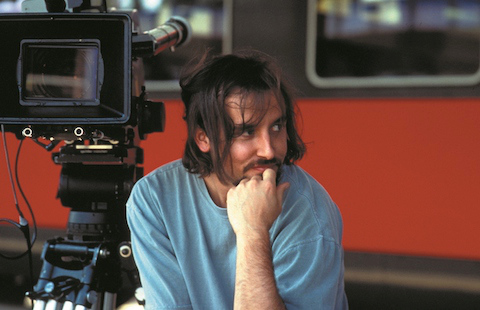
“There are a million ideas in a world of stories. Humans are storytelling animals. Everything’s a story, everyone’s got stories, we’re perceiving stories, we’re interested in stories. So to me, the big nut to crack is to how to tell a story, what’s the right way to tell a particular story.”

picture by Thiago Piccoli
“Final cut is overrated. Only fools keep insisting on always having the final word. The wise swallow their pride in order to get to the best possible cut.”
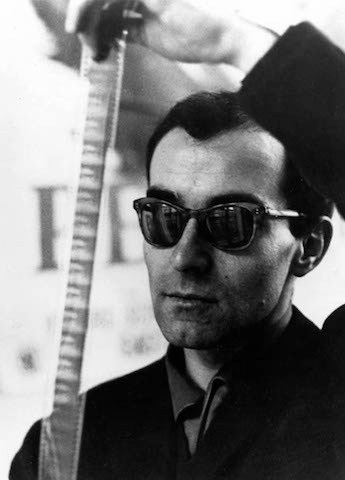
“A film should have a beginning, a middle, and an end, but not necessarily in that order.”
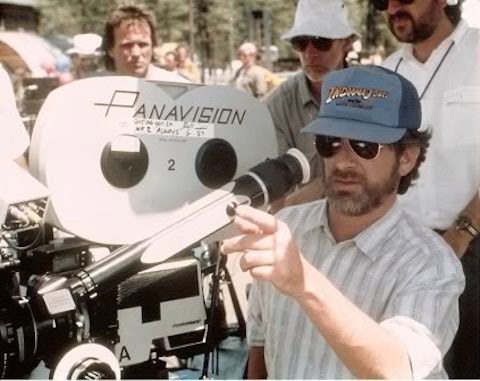
“Before I go off and direct a movie, I always look at four films. They tend to be The Seven Samurai, Lawrence Of Arabia, It’s A Wonderful Life and The Searchers.”
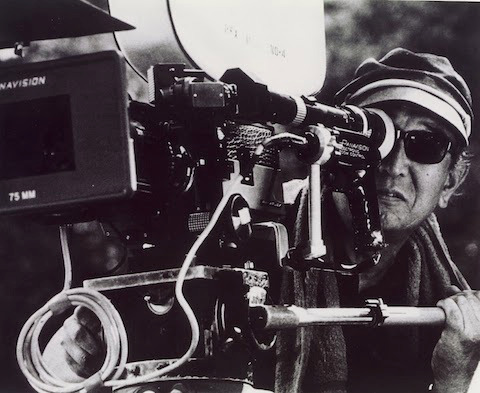
“During the shooting of a scene the director’s eye has to catch even the minutest detail. But this does not mean glaring concentratedly at the set. While the cameras are rolling, I rarely look directly at the actors, but focus my gaze somewhere else. By doing this I sense instantly when something isn’t right. Watching something does not mean fixing your gaze on it, but being aware of it in a natural way. I believe this is what the medieval Noh playwright and theorist Zeami meant by ‘watching with a detached gaze.’”

“Music is, for me, a great tool of a filmmaker, the same way cinematography, the acting, editing, post-production, the costumes are. You know, to help you tell a story. “
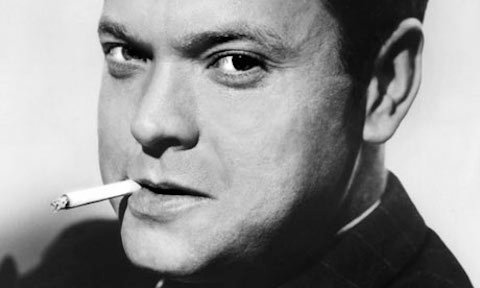
“A long-playing full shot is what always separates the men from the boys. Anybody can make movies with a pair of scissors and a two-inch lens.”
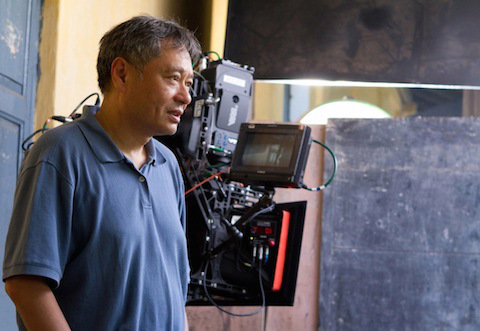
“Something filmmakers have to watch, all filmmakers, is that film basically works not like books: it’s very direct, it impacts you directly, it’s photorealistic images enlarged, and somehow it has to be realistic-looking, and somehow because the demand on attention is mandatory, it works on a emotional level, a philosophical, the ideas don’t translate in a movie. It has to have emotions. So you that’s different from the book quite a bit. So it has to be an emotional journey. . . . To me, I think that to me, it’s an visualization of feelings. That’s why you are doing it. Movies or any art is external stimulus, they don’t carry anything. They just stimulate, and it’s not about stimulating me, all that really matters is you, the viewer.”
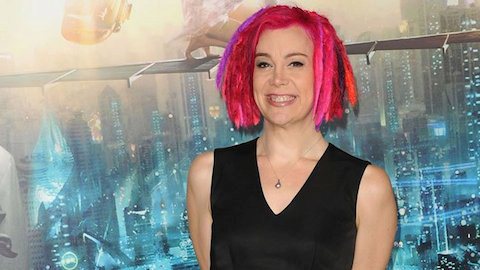
“Cinema is a social art form. You cannot make a piece of cinema by yourself. No matter what you do, no matter how controlling, no matter how crazy and Fitzcarraldo-bizarre or how crazy generally you try to be, yelling at people with your bullhorn, you can’t push a single pencil across the table without help. It’s just the way it is. The final product will always be a sum of all of the parts that are working on it. So if you want to understand cinema, you have to think about it as a social dynamic. And you have to investigate it and unpack it as a social project.”
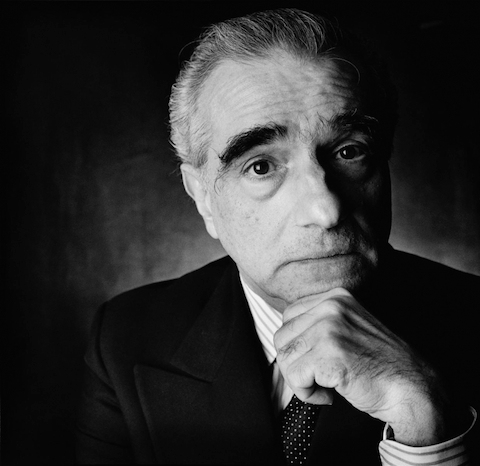
“Always get to the set or the location early, so that you can be all alone and draw your inspiration for the blocking and the setups in private and quiet. In one sense, it’s about protecting yourself; in another sense, it’s about always being open to surprise, even from the set, because there may be some detail that you hadn’t noticed. I think this is crucial. There are many pictures that seem good in so many ways except one: They lack a sense of surprise, they’ve never left the page.”
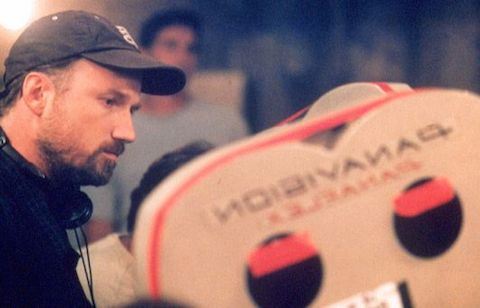
“What you learn from that first, and I don’t call it ‘trial by fire,’ I call it ‘baptism by fire,’ is that you are going to have to take all of the responsibility, because basically when it gets right down to it, you are going to get all of the blame, so you might as well have made all of the decisions that led to people either liking it or disliking it. There’s nothing worse than hearing somebody say ‘Oh, you made that movie? I thought that movie sucked,’ and you have to agree with them, you know?”
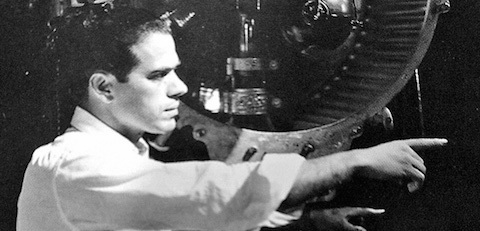
“There are no rules in filmmaking. Only sins. And the cardinal sin is dullness.”

“Don’t get seduced by your own stuff. Don’t get high on your own supply. The hardest thing as a filmmaker is when you’re watching a film that you’ve worked on for several years. You know every frame so intimately that holding lots of the objectivity of a new viewer who has just seen it for the first time is the hardest thing. Every aesthetic decision you make — and you make thousands of them every day, have to — in theory, must be done from you being a blank slate. You almost have to run a program, like a mind wipe, every time you watch the movie.”
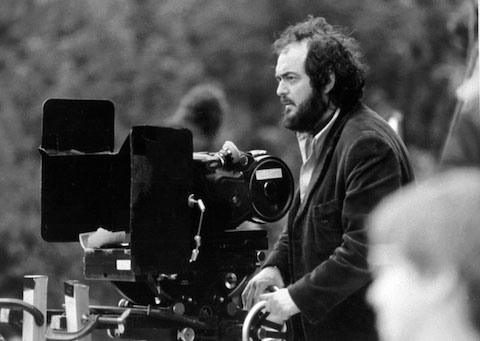
“The director’s job is to know what emotional statement he wants a character to convey in his scene or his line, and to exercise taste and judgment in helping the actor give his best possible performance. By knowing the actor’s personality and gauging his strengths and weaknesses a director can help him to overcome specific problems and realize his potential. But I think this aspect of directing is generally overemphasized. The director’s taste and imagination play a much more crucial role in the making of a film. Is it meaningful? Is it believable? Is it interesting? Those are the questions that have to be answered several hundred times a day.”
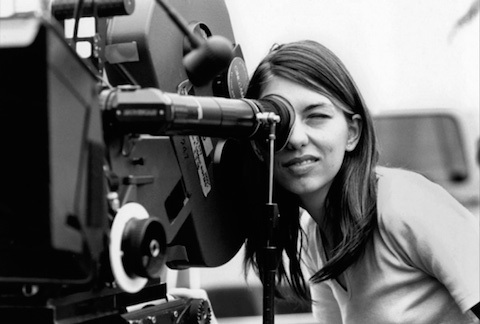
“I try to just make what I want to make or what I would want to see. I try not to think about the audience too much.”

“Character and emotionality don’t always have to be relegated to quieter, more simple constructs.”

“The more successful the villain, the more successful the picture.”
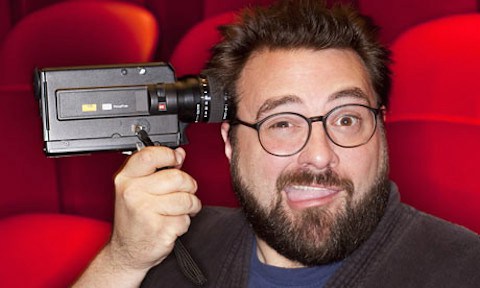
“Whenever I’m not shooting, I’m in the editing room with my footage. While the crew is taking 15 minutes to an hour to set up the next shot, I’m behind the Avid, putting the flick together.”
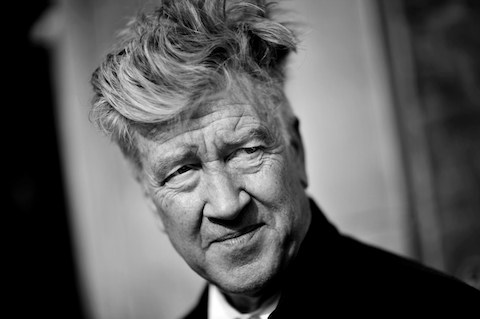
“I’m lucky, because I like all the different parts [of directing]. And they are all extremely important, because if one or two fall short, the whole thing falls apart. So you have to be involved in every part of the process, making choices that reinforce the whole idea which started the thing in the beginning. And you have to be very watchful — and open to fantastic new ideas. Once you see something right in front of you, like an actress with a certain dress walk into a certain light and say a certain word, you can almost pass out. You’ve got all the parts together, but now it’s really something different, and it goes to another place. . . . You can’t give priority to one over the other. You have to know the sound, the lighting, the placement of people, everything — and you keep on going until it is right or as right as you can get it. It talks to you, you know. You are always comparing what you see in front of you with the original idea, and you know when it’s right and when it’s not working. And sometimes you also have the happy feeling that it’s better than the original idea, because of other people’s input and having it all in front of you.”

“Don’t ever agonize about the hordes of other writers who are ostensibly your competition. No one is capable of doing what you do.”
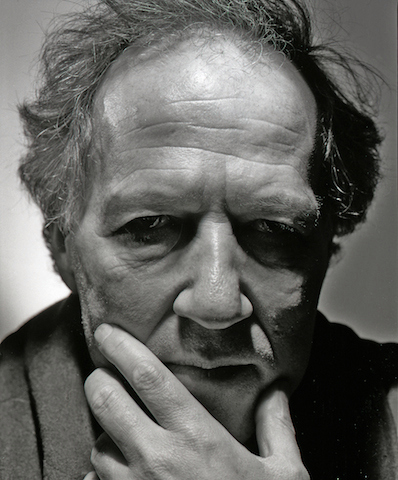
“The opinion of the public is sacred. The director is a cook who merely offers different dishes to them and has no right to insist that they react in a particular way.”

“Collaborate, don’t dictate. Every department head has something to offer. Listen and gratefully accept their offerings. They’re moviemakers, too.”

“Structure is the key to narrative. These are the crucial questions any storyteller must answer: Where does it begin? Where does the beginning start to end and the middle begin? Where does the middle start to end and the end begin? . . . All the regular questions that face writers also face us. Where does the story begin, where is the middle, and where is the end? Each of those things is entirely up to the writer. They are the hardest decisions for any writer to make about any story, whether fiction or nonfiction. If you make the right decision about structure, many other things become absolutely clear. On some level, the rest is easy.”
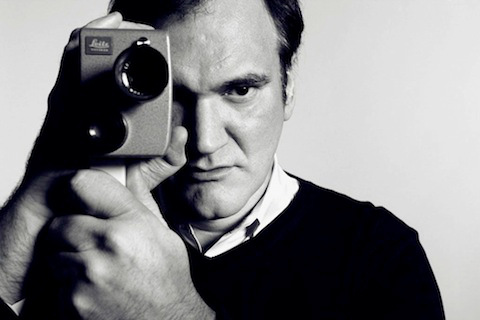
“When I’m writing, it’s about the page. It’s not about the movie. It’s not about cinema. It’s about the literature of me putting my pen to paper and writing a good page and making it work completely as a document unto itself. That’s my first artistic contribution. If I do my job right, by the end of the script, I should be having the thought, ‘You know, if I were to just publish this now and not make it . . . I’m done.”

“If somebody asks me about the themes of something I’m working on, I never have any idea what the themes are. . . . Somebody tells me the themes later. I sort of try to avoid developing themes. I want to just keep it a little bit more abstract. But then, what ends up happening is, they say, ‘Well, I see a lot here that you did before, and it’s connected to this other movie you did,’ and . . . that almost seems like something I don’t quite choose. It chooses me.”

“Audiences are less intrigued, honestly, by battle. They’re more intrigued by human relations. If you’re making a film about the trappings of the period, and you’re forgetting that human relationships are the most engaging part of the storytelling process, then you’re in trouble.”
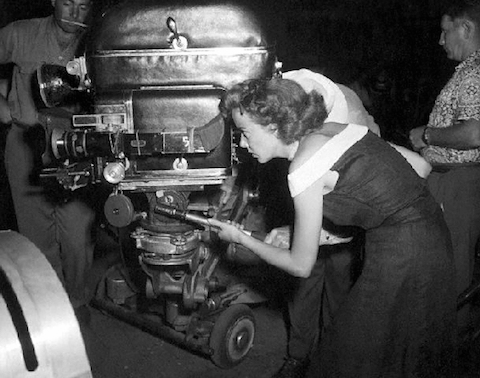
“Instead of saying ‘Do this,’ I tried to make everybody a part of it. Often I pretended to a cameraman to know less than I did. That way I got more cooperation.”

“Having lots of options means you have to have a lot more discipline, but it’s the same kind of discipline that a painter, a novelist or a composer would have. In a way, working in [digital] is much less frustrating than working in film, but it’s not as though it’s limitless no matter how you go. The artist will always push the art form until he bumps up against the technology — that’s the nature of the artist. Because cinema is such a technological medium, there’s a lot of technology to bump into, and I think as more people use digital they’re going to find [it has] a lot more limitations. Some of those limitations will be [equivalent to] the limitations they had with film, and some of those limitations will just be because they’ve gone so far that they finally bumped into the technological ceiling.”

“If you would ask me what my ideal process is, I would say, long pre-production, long production and long post-production.”

“It’s only the work that counts. Don’t read about yourself. Don’t have big discussions about your work. Just keep your nose to the grindstone. And don’t think about any of the perks. Don’t think about the money or laudatory things. The less you can think about yourself, the better. It’s like being a baseball pitcher; the less you’re conscious of your motion the better you pitch. Just do good work, don’t waste time thinking about anything else, don’t join the show business circus, don’t pay attention to the distractions that people send your way, and everything else will fall into place. If people don’t like your work, keep doing your own thing and either they’ll wise up or you’ll find yourself out of work and deserving to be. If people hate your work, let them — they may be right. Or not. And if people even call you a genius, it’s very important to run because you have to ask, if you’re a genius, then what is Shakespeare or Mozart or Einstein? With me it’s always modified downward — ‘a comedy genius.’ I’d say a comedy genius is to a real genius what the president of the Moose Lodge is to the President of the United States.”

“I don’t film messages. I let the post office take care of those.”

“I love rehearsing because in rehearsals there are no mistakes, nothing is wrong, some things apply or lead you to focus on the character and the things that don’t apply are equally valuable because they lead you to towards what does. I’m not a director who says, ‘Say your line, hit your mark,’ that’s not my style. I want them to work with me and everyone I choose to collaborate with elevates our work above what I could imagine on my own. Hopefully — if not it’s not working right. I’m like a navigator and I try to encourage our collaboration and find the best way that will produce fruit. I like fruit. I like cherries, I like bananas.”
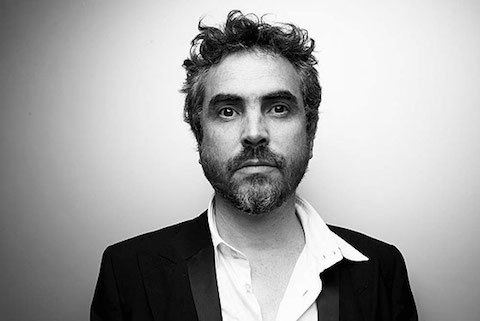
“When I finish a movie, I don’t ever see the movie again. The moment I finish the color correction and the mix, I never seen any of my movies ever again. I just try to explore what I can learn from the experience and move on.”
And finally,

“There was a time when all I looked for was a good story, but nowadays everything has to look like the size of Mount Rushmore, and the actors in close-up look as though they belong there.”
Thanks to Flavorwire, from whom much of this list came.

